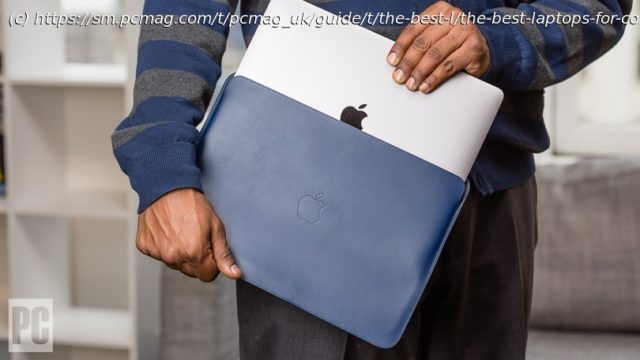Where college is, and what form it takes, are the biggest current questions for students and their families. Which laptop to use? That doesn’t have to be one. Whether for remote learning or carrying around campus, start your «best laptops» short list with these top-rated, value-focused models.
[Editors’ Note: Due to the pandemic and a school year dominated by remote learning, etailers are seeing shortages of some laptop stock, and shoppers may see higher prices than usual. For more choices, also see our guide to the top Chromebooksour guide to the top Chromebooks and to the best budget laptopsbest budget laptops.] For students, a laptop is as essential as textbooks and a school ID—and not just for taking notes and doing homework. It should also be able to handle your big extracurricular activities: keeping up with your social networks, streaming movies, listening to music, posting photos, gaming, video chatting with the ‘rents back home. Laptops are even more essential for students this school year, as many colleges and universities implement a mix of in-person and remote learning to meet social distancing requirements made necessary by the coronavirus pandemic. If you’re learning from home a few days a week and heading to campus the rest of the time, a laptop you can use wherever you are is essential. And especially in these trying times, the best laptops for college students need to respect your budget while lasting for the long haul, preferably through four years of undergrad and maybe a year of grad work. Lucky for you, we have a bunch of recommended models that fit that description perfectly—and since most of them are below $1,000, they won’t drain your savings account. Here are the basics you should keep in mind while looking for a laptop for college. First Off: Research Your College The first, and most important, thing to do is check with your school for specific system requirements. They may have hard-and-fast hardware recommendations. (Or not.) Some colleges and universities want their students equipped with Windows-based laptops, to cut down on software incompatibility issues or to keep technical support concentrated on one platform. Others don’t care which operating system you use, whether it’s Windows, macOS, or even Linux if you’re a hard-core type. Some institutions have on-site computer repair centers that service only laptops purchased from the university or an affiliated computer store on campus; using one of these facilities, the turn-around time will be much quicker than if you were to send it overnight to the original manufacturer. Also note that most schools offer price breaks for particular vendors and include extensive software bundles, which can shave off a good amount from your laptop purchase. So you might want to look into the campus store as a first shopping destination, before you hit your local superstore or favorite online seller. Keeping It Light: Why Weight Matters Not every student will agree, but depending on how far you’ll haul it every day, a big-screen notebook may not be such a good idea. It’s nice to have a mini home theater in your dorm room or play the latest games in big-screen 1080p glory, but a 6-pound-plus laptop with a 15-inch or 17-inch screen will be a chore to haul across campus while you’re running from class to class. You’re better off with something that’s light: If screen size matters less to you than convenience, a super-thin ultraportable might be the way to go. For most people, a maximum 13- or 14-inch widescreen panel is ideal, as it will make room for other items in your backpack and minimize the weight burden. Depending on your tolerance level, a smaller display works as long as you understand that full web pages and productivity applications will involve more scrolling, and fonts will appear smaller than they do on larger screens, assuming the same resolution and zoom level. Essays, research papers, and chatting online with your classmates will take up most of your computing time, so a full-size keyboard and a comfortable touchpad are crucial. Also know: When you venture smaller than a 13-inch-class laptop, you run the risk of not getting the same typing experience. The easiest way to ensure that you have the best keyboard is to stop by a brick-and-mortar store and spend some time typing on prospective choices of different size classes. If you do decide to buy a smaller, less expensive laptop, it’s probably worth investing in a standalone keyboard you can keep at home or in the dorm for when you need to do a lot of typing. A desktop monitor you attach via HDMI could be a nice complement, too. How Much Power Do You Need? Laptops offer a wide selection of processors across both budgets and usage cases—you can choose one that maximizes performance, or one that favors battery life. Or you can select one that plays to both strengths: Intel’s 11th Generation «Tiger Lake» Core CPUs confer the benefits of both power and battery efficiency.






